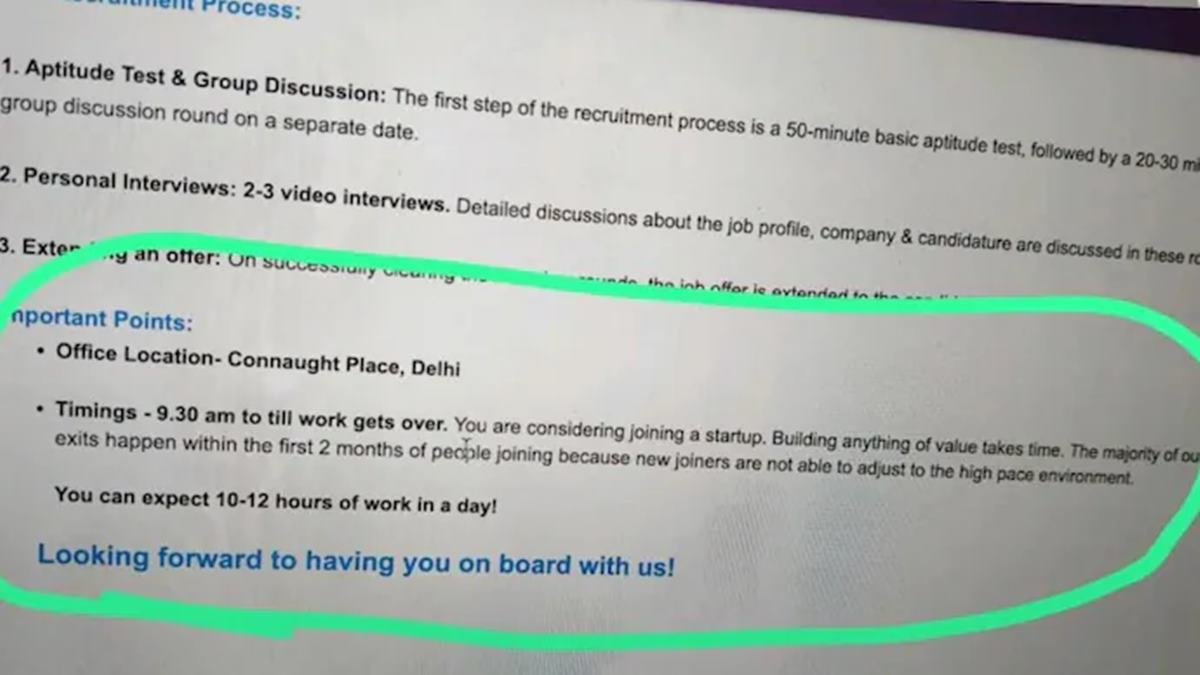IF THERE’S ONE area in which artificial intelligence is set to make an ever bigger impact, then it’s human resources in companies and organzations, enabling it to play a decisive role in driving business transformation and boosting productivity. AI is already making its presence felt in every aspect of HR, from general employee support to talent acquisition tasks and improving efficiency and productivity. The roll out of agentic AI will take this to the next level.
For HR professionals, there is the enticing prospect of having AI systems that autonomously analyze and execute tasks with minimal human intervention. This new technology can even conduct employee onboarding, benefits management, and performance reviews. Why is this a good thing? Well, it frees up HR professionals to focus on the wider strategic picture, enabling them to build deeper connections with employees, making better use of their skills and experience.
To be clear, agentic AI involves minimal human input. The AI can learn the goals of the organization and adapt to changing circumstances. It can drill down into current employment roles and suggest how those could be improved or made more relevant. And it can remove obstacles that are hampering productivity. We have to start imagining companies managed by hybrid teams of humans and AI agents. That future is starting to emerge before our eyes.
Let’s break this down into scenarios identified by IBM. Take, for example, employee engagement and retention. AI agents can identify employee needs before they even arise. That might involve generating administrative responses to events like the birth of a child in an employee’s family. Or it could recommend career development paths for an employee that will help fulfil their ambitions and boost staff retention.
When it comes to onboarding, agentic AI can personalize the training curriculum by learning from data about a new hire, for example. Imagine the appreciation that a human being will feel in their first days at a new job: Instead of the sense of being processed, they will feel that their background and character matters, and they will see real value as they settle into a new organization a lot more quickly.
IBM’s Elisa Pearson, HR Director, IBM UK & Ireland, explains how the application of agentic AI in the HR field really is a game changer:
“The advent of AI is incredibly exciting. It’s really going to change the way that we all work. From an HR professional’s perspective, that means we’ll move away from doing more of the operational activities that maybe historically we’ve been known for, and get to work on more complex tasks with managers and employees, in more challenging situations where everybody can be more productive.”
The most innovative scientists have been known to test their theories on themselves. In this spirit, IBM’s Client Zero approach means deploying its latest technologies internally before unleashing them on the outside world. In the sphere of HR, it’s meant that already AI agents are deployed for such tasks as onboarding new hires, answering policy questions, processing leave requests, and updating personal records. This frees up human brains for more strategic activities.
HR plays a critical role in increasing employee productivity and empowering the workforce, which in turn drives business growth. The new generation of agentic AI is proving that areas of HR activity that companies and organizations once thought always required human execution can in fact be performed by AI agents, faster and more reliably.
A good example of this is IBM’s AskHR, which is an AI-powered digital assistant that automates over 80 very common HR tasks and processes. It’s already got a proven track record for delivering employee satisfaction, showing that AI is capable of replicating human judgment. AskHR is based on IBM’s agentic AI platform: watsonx Orchestrate.
This assists Chief Human Resource Officers entering the new world of agentic AI, where organizations can now scale and accelerate the impact of AI within their businesses. It offers a comprehensive suite of tools and services that enables seamless integration of AI technologies. With IBM watsonx Orchestrate, companies can organize activity across any agents, assistants, workflows, data, and applications. IBM’s René Bossa, AI Assistants & Agents expert, explains:
“IBM has taken a unique approach to AI agents by offering enterprises a platform that lets them build, manage, and deploy AI agents. And that platform is called IBM watsonx Orchestrate.”
Importantly, this does not mean having to junk pre-existing tools. The platform can integrate elements that have been developed by other sources, and it can expand from HR to other areas of the business, as Bossa outlines:
“The problem for enterprises is that when you take something that is open source, you then need to make it into an enterprise platform, so watsonx is removing a lot of that time by saying: you know we have a platform that has AI agents and one of those is HR that can expand to other areas like sales and productivity. And then we also can introduce a concept called collaborator agents. Now these can speak to other agents that could have been built in IBM, or they could be built by an external vendor. So, this is all built on the agentic platform, IBM watsonx Orchestrate.”
“From an HR professional’s perspective, we’ll move away from doing the operational activities that historically we’ve been known for and get to work on more complex tasks with managers and employees.”
ELISA PEARSON, HR DIRECTOR, IBM UK & IRELAND
Plenty of organizations have built AI systems and users have experience of going on to a website and interacting with a chatbot. The only problem for many is the perception that creating an AI system requires a great deal of technical expertise. Will HR professionals need to be experts in code to set this all up? Well, no actually—it’s all now much more accessible and you do not need to be a data scientist or engineer to build something quite powerful.
One lingering concern may be knowing how and why the AI has delivered a particular answer. With IBM watsonx Orchestrate, it’s possible to not only get a reliable answer to a question but also interrogate the thinking and reasoning behind it. That builds a high degree of trust between the employee and the AI agent.
There is definitely a growing appetite for the new generation of AI solutions in the corporate world. IBM recently surveyed 2000 CEOs from around the globe from 24 different industries, on their business priorities and their vision for tech transformation, including agentic AI. The transformative power of AI was acknowledged by 68 percent of business leaders while 61 percent of CEOs believe that competitive advantage depends on who has the most advanced generative AI—and the same percentage are actively adopting and preparing to scale AI agents.
In terms of risk management within companies and organizations, AI will have a huge role to play. In an area such as compliance monitoring, it will reduce the scope for human error, flagging up potential risks and suggesting remedial action. This will not put the head of compliance out of a job, but it will minimize the risk of problems with regulatory bodies.
Agentic AI is the key to freeing up managers and employees to focus on what matters most for HR leaders: building a high-performing engaged workforce. It’s also a way to minimize risk, ensure compliance, and create breakthrough productivity. Early adopters are already discovering that they are ahead of the pack.
Source – https://www.wired.com/sponsored/story/ai-is-set-to-revolutionise-corporate-hr/




















